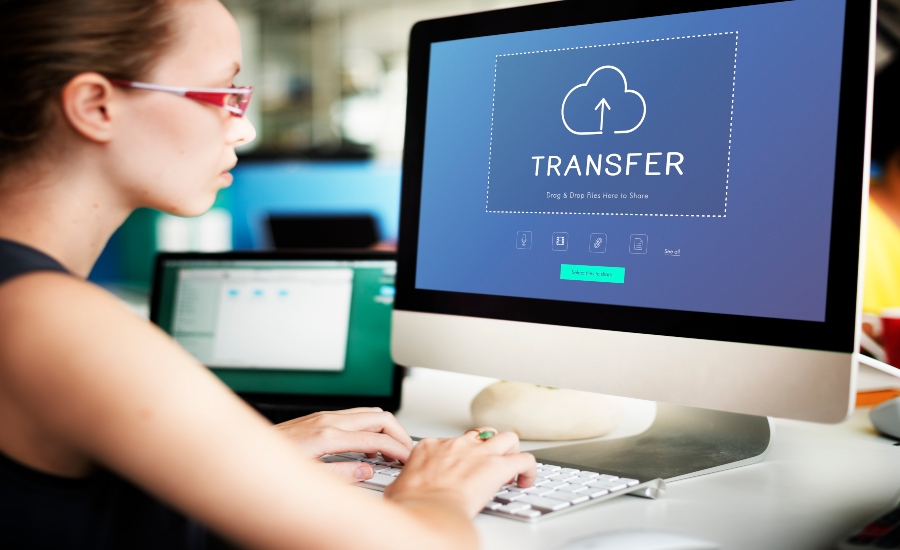
They can use closed circuit television to safeguard security, monitor movements, and track worker performance. According to Matt Pinsker, an adjunct professor of homeland security and criminal justice at Virginia Commonwealth University, “as a general rule, employees have little expectation of privacy while on company grounds or using company equipment”.įirms are allowed to engage in video surveillance in common areas, but not private spaces such as bathrooms or locker rooms. If workers intermingle personal and business activities on the company device, that can expose private information to supervisors.

EMPLOYEES USING PERSONAL COMPUTERS AT WORK SOFTWARE
In a number of places, firms are able to use keylogger software on company equipment. Many of the rules governing workplace surveillance are at the state level and there is wide variation in what jurisdictions allow and the legal precedents that govern such actions. Both the Electronic Communications Privacy Act and the Stored Communications Act allow firms to track employee activities without prior notification, although the scope of the allowable oversight varies quite a bit from state-to-state. Work on firm equipment and over company digital networks generally is subject to monitoring as long as the activity takes place during the “ordinary course of business”. As I discuss below, these developments raise important concerns for company workers and highlight the need for stronger protections of employees at the state and national levels. With more people working remotely at home due to the COVID-19 pandemic, the boundary between business and personal activities has blurred because people are spending considerable time on company equipment and business video calls, including in the evenings and on weekends. Companies have the legal ability to use keylogger software on business computers, deploy video surveillance cameras, monitor worker attentiveness, track physical movements through geolocation software, compile lists of visited websites and applications, monitor emails, social media posts, and collaboration tools, and compile productivity data on how workers are spending their time and how long it takes them to finish particular tasks. Any private use of any state property that has been removed from state facilities or other official duty stations, even if there is no cost to the state.Twitter is just one example of what has become an onslaught of intrusive workplace surveillance practices in the United States.Any use related to conduct that is prohibited by a federal or state law or rule, or a state agency policy.Commercial uses such as advertising or selling.


The use does not disrupt or distract from the conduct of Pierce College business due to volume or frequency.The use does not interfere with the performance of the employee's official duties.



 0 kommentar(er)
0 kommentar(er)
